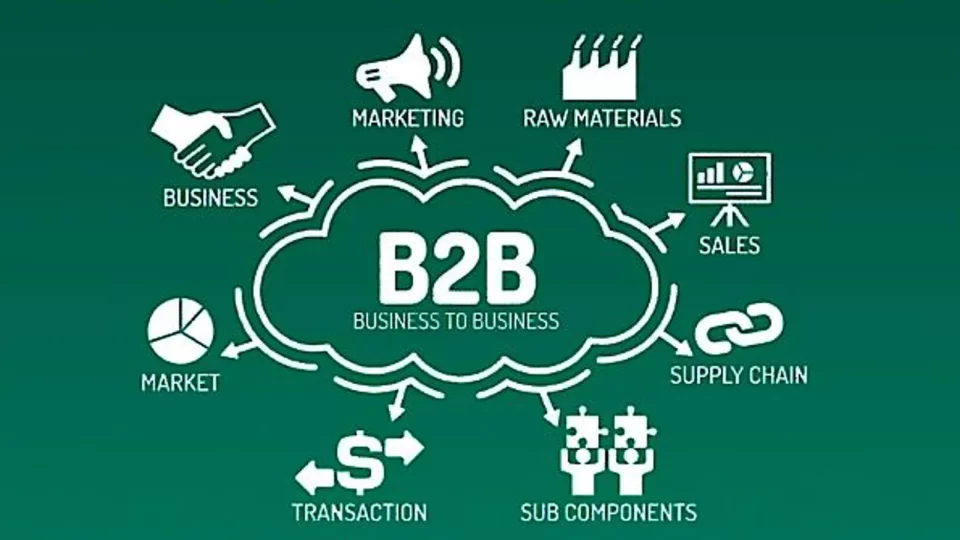In today’s digitally-driven marketplace, B2B ecommerce has emerged as a vital tool for businesses striving to optimize their sales processes and expand their market presence. This method facilitates the sale of goods and services directly to other businesses via online platforms, markedly streamlining traditional sales channels. By incorporating b2b ecommerce into their strategies, companies not only boost operational efficiency and reduce overhead costs but also accelerate their entry and expansion in new markets.
As a result, overall corporate performance and competitiveness are improved. This digital strategy enables easier transactions, quicker reactions to market needs, and more smart resource allocation.
Here are five key instances where employing B2B ecommerce can be particularly beneficial.
Wholesale distribution
For wholesalers, B2B ecommerce is a game changer. It allows them to sell bulk products directly to retailers or other distributors online. This online system can manage large orders, process payments securely, and handle inventory updates automatically. By moving sales online, wholesalers can serve more customers with less manual effort and reduce the time spent on phone orders and paper invoicing.
Manufacturing supply chain
Manufacturers may improve their supply chain management by utilizing B2B e-commerce platforms. They have the ability to automate reordering procedures, track inventory levels in real-time, and make direct product offers to other companies. By improving communication between manufacturers and suppliers, this lowers the possibility of production delays brought on by stock shortages and creates a more coordinated supply chain.
Bulk raw materials purchase
Businesses that require raw materials in large quantities can greatly benefit from B2B ecommerce platforms. These platforms provide a direct channel to suppliers of raw materials like metals, plastics, and textiles. Companies can compare prices, verify supplier credentials, and place orders at any time, ensuring they get the best deals and maintain steady supply chains.
Professional services
B2B ecommerce is not limited to physical goods; it also extends to professional services. Firms offering services such as marketing, consulting, or legal assistance can use B2B ecommerce to reach other businesses. These platforms allow service providers to outline their offerings, book appointments, and even deliver some services directly through digital channels, broadening their client base without geographical limits.
Customized product orders
Businesses that specialize in customized products, such as custom machinery parts or personalized corporate gifts, can greatly enhance their customer interaction through B2B ecommerce. These platforms allow customers to specify their requirements, place orders, and track production progress online. This not only makes the ordering process more efficient but also reduces errors typically associated with manual order taking.
To sum up
B2B ecommerce opens up a myriad of opportunities for business expansion and operational efficiency. From wholesale distribution and manufacturing to the procurement of raw materials and professional services, these platforms empower businesses to operate more dynamically and respond faster to market demands. By integrating B2B ecommerce into their operations, companies can not only save time and resources but also improve customer satisfaction and loyalty. Whether dealing in products or services, B2B ecommerce stands as a cornerstone of modern business strategy.

